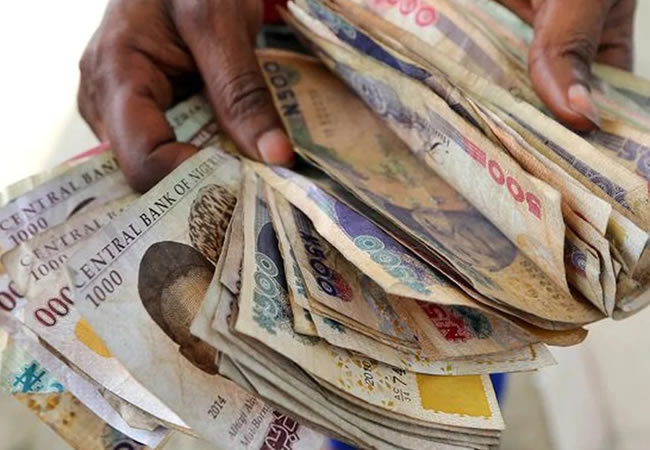Short-term benchmark interest rates have risen sharply as the financial system faces tight liquidity, following significant outflows linked to Treasury bill settlements.
Rates climbed above the 30% threshold from as low as 26% earlier this week, driven by a liquidity crunch that has left authorized dealers in the money market scrambling for funds. This unmet demand for liquidity has prompted an increased reliance on borrowing.
Facing funding pressures, several banks have turned to the Central Bank of Nigeria’s (CBN) Standing Lending Facility to secure the liquidity needed to meet their obligations.
On Thursday, market liquidity weakened further due to the settlement of Nigerian Treasury bill auctions, resulting in a net debit of ₦83.04 billion, according to a report by AIICO Capital Limited.
This liquidity strain has pushed short-term benchmark interest rates higher. While the Nigerian Interbank Offered Rate (NIBOR) declined across 1-month, 3-month, and 6-month tenors, the overnight NIBOR surged by 331 basis points, reflecting the liquidity pressures in the financial system, Cowry Asset Limited noted.
FMDQ platform data confirmed an increase in key rates, with the Overnight Policy Rate (OPR) rising by 55 basis points to 32.25% and the Overnight Rate (O/N) climbing 58 basis points to 32.83%.
AIICO Capital Limited analysts anticipate that short-term interbank rates will remain elevated as the market awaits inflows from Federal Account Allocation Committee (FAAC) disbursements.
The FAAC has approved ₦1.41 trillion for distribution among the federal, state, and local governments, with an estimated ₦667 billion expected to flow into the system.













